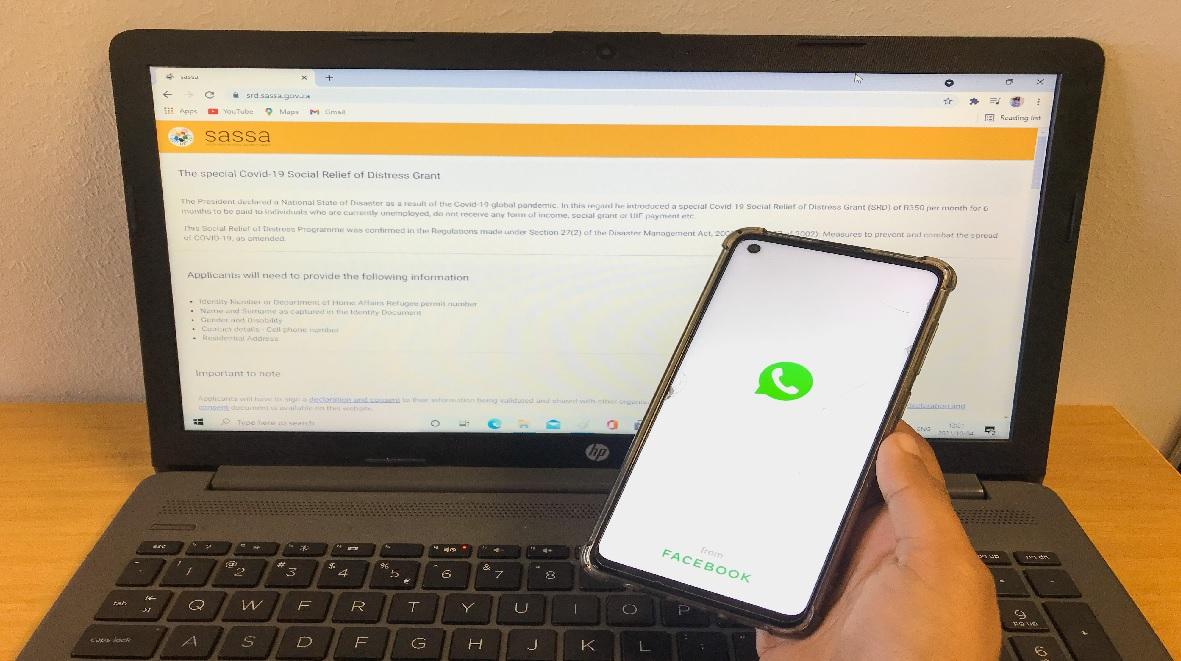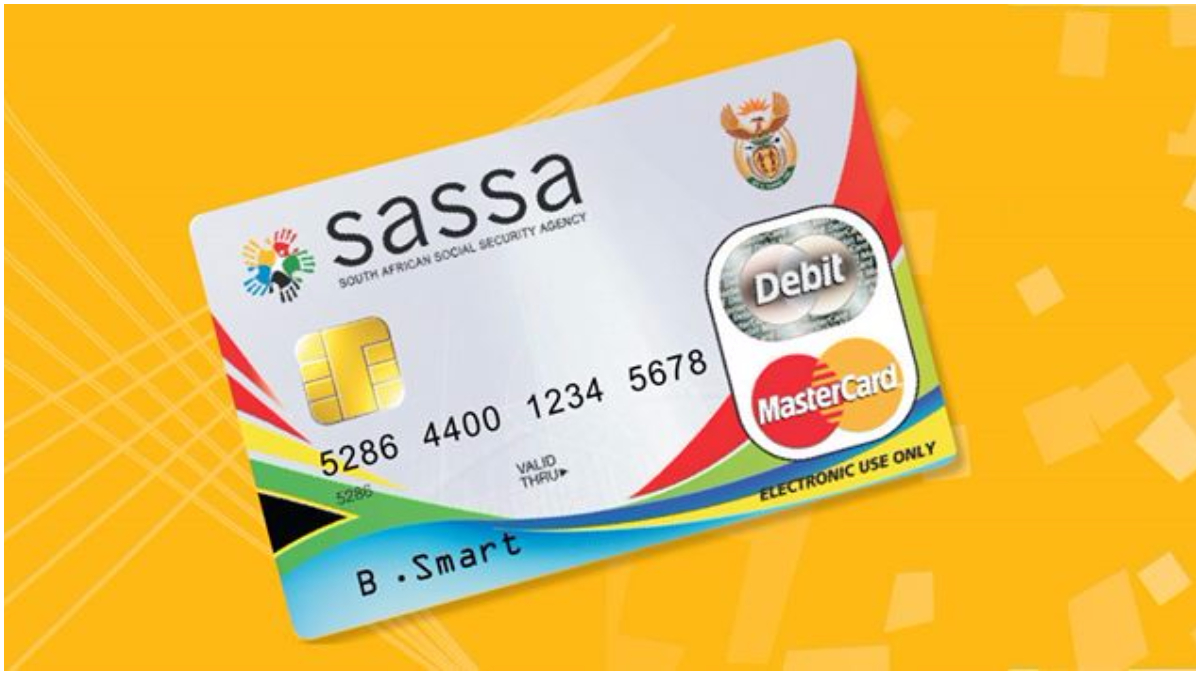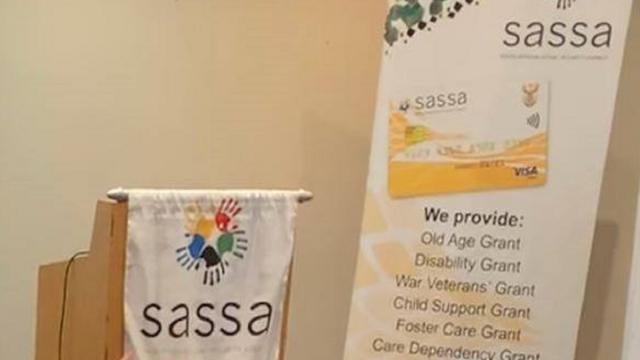If you have a physical or mental disability that makes you unfit to work for a period of longer than six months, you can apply for a disability grant.

SASSA was created in 2005 to distribute social grants on behalf of the Department of Social Development. This was done to improve the standards of living in the country and are given to people who are vulnerable.
Disability Grant Requirements
To qualify, you must:
- be a South African citizen or permanent resident or refugee and living in South Africa at the time of application
- be between 18 and 59 years old
- not be cared for in a state institution
- have a 13-digit, bar-coded identity document (ID)
- not earn more than R86 280 if you are single or R172 560 if married.
- not have assets worth more than R1 227 600 if you are single or R2 455 200 if you are married
- undergo a medical examination where a doctor appointed by the state will assess the degree of your disability
- bring along any previous medical records and reports when you make the application and when the assessment is done.
The doctor will complete a medical report and will forward the report to South African Social Security Agency (SASSA).
The report is valid for three months from the date you are assessed.
Note: If you are under 18 and need permanent care due to your disability, your primary caregiver can apply for a Care Dependency Grant. If you don’t have an ID, you will be required to complete an affidavit and provide proof of having applied for the document from the Department of Home Affairs. If you have not applied for an ID, you must do so within three months of applying for the grant.
How much does SASSA Pay For the Disability Grant?
The maximum is R1 890 per month.
For More info click here.
How To Apply
- Complete a disability grant application form at your nearest South African Social Security Agency (SASSA) office in the presence of a SASSA officer.
- Submit the following:
- Your 13-digit bar-coded identity document (ID). If you don’t have an ID:
- You must complete an affidavit on a standard SASSA format in the presence of a Commissioner of Oaths who is not a SASSA official.
- You must bring a sworn statement signed by a reputable person (like a councillor, traditional leader, social worker, minister of religion or school principal) who can verify your name and age.
- The SASSA official will take your fingerprints.
- You will be referred to the Department of Home Affairs to apply for the ID while your application is processed. If you don’t get an ID, your grant will be suspended.
- A medical report and functional assessment report confirming your disability.
- Proof of marital status (if applicable).
- Proof of residence.
- Proof of income or dividends (if any).
- Proof of assets, including the municipal value of your property.
- Proof of private pension (if any).
- Your bank statements for the past three months.
- Refugee status permit and 13-digit refugee ID.
- Unemployment Insurance Fund (UIF) document (‘blue book’) or discharge certificate from your previous employer if you were employed.
- A copy of the will and the first and final liquidation and distribution accounts, if your spouse died within the last five years.
- Your 13-digit bar-coded identity document (ID). If you don’t have an ID:
- After submitting your application you will be given a receipt to keep as proof of application.
Application forms are not available online, but you can get them from your nearest (SASSA) office.


